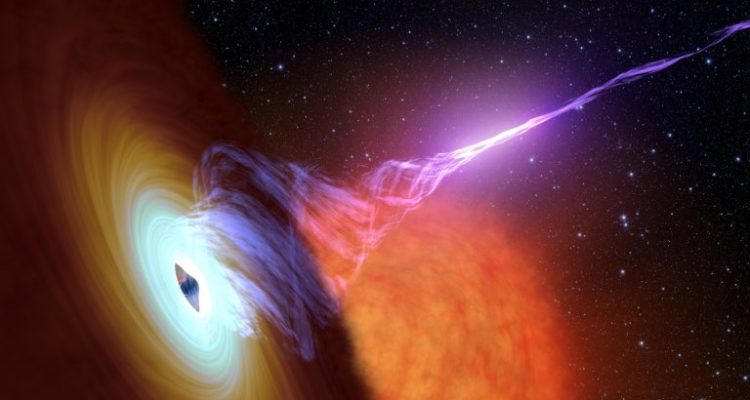Weizmann Institute of Science and the Israel Space Agency of the Ministry of Science and Technology are heading this international project.
By ISRAEL21c
Weighing just about 160 kilograms (353 pounds), a new type of scientific satellite to be built in Israel will carry a telescope designed to observe the universe as it has not been seen it before.
The ULTRASAT, projected to launch in 2023, will operate in an ultraviolet range of light, normally invisible to us, with a very large field of view.
“This unique configuration will help us answer some of the big questions in astrophysics,” said ULTRASAT principle investigator Prof. Eli Waxman of the Weizmann Institute of Science in Rehovot.
Among those big questions are: How do dense neutron stars form and later merge and emit gravitational waves? How do supermassive black holes rule their neighborhoods? How do stars explode? Where do the heavy elements in the universe come from? What are the properties of stars that could have habitable planets?
The Weizmann Institute and the Israel Space Agency will begin working on the project in September. The German DESY Research Center of the Helmholtz Association pledged its support and cooperation for the initiative. Negotiations are also under way with other major space agencies to get ULTRASAT off the ground. The project is expected to cost some $70 million over a projected four years of detailed planning, construction and launch.
The ULTRASAT spacecraft will be constructed by the Israeli industries, “putting Israel – and Israeli scientists and engineers – at the forefront of a global movement to explore the universe with small, affordable satellites,” said ISA Director Avi Blasberger
“A small country – and a small satellite – can produce big results, even in exploring the wonders of distant outer space,” said Weizmann President Prof. Daniel Zajfman.





